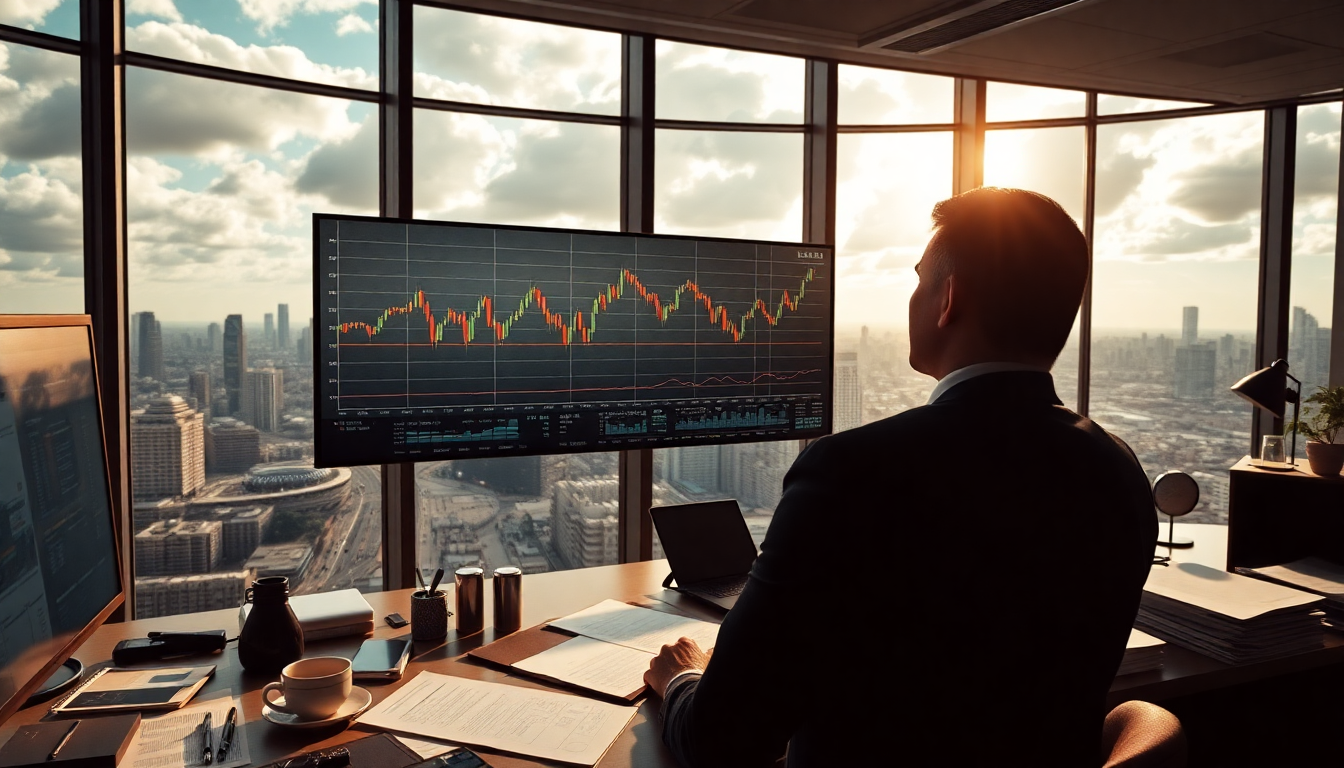Table of Contents
In recent months, we’ve witnessed a significant shift in the geopolitical landscape, especially with the rising tensions between Israel and Iran. But why should we care about these developments? Well, the truth is, these conflicts could have far-reaching effects on the global economy. As we navigate these uncertain times, it’s essential to grasp how regional conflicts can influence international markets.
Understanding the Current Geopolitical Climate
The rivalry between Israel and Iran is not new; it’s steeped in historical grievances, religious differences, and territorial disputes. Recently, however, things have ramped up, with military actions capturing international attention. The stakes couldn’t be higher—both nations boast significant military capabilities and wield considerable regional influence, making their confrontations a hot topic for global observers.
But what does this mean for the rest of us? The fallout from such conflicts can ripple far beyond their immediate regions. Global markets are highly sensitive to these tensions, which can lead to changes in oil prices, investor sentiment, and trade dynamics. For instance, any disruption in the Strait of Hormuz—a crucial passage for oil shipments—could send oil prices soaring, which would impact economies worldwide. Isn’t it fascinating how something happening thousands of miles away can affect our daily lives?
Economic Implications of the Israel-Iran Conflict
Now, let’s talk about the potential economic fallout. The risk of a broader war between Israel and Iran could spell trouble for the global economy. Analysts warn that extended military engagements might lead to serious economic consequences, particularly for oil-dependent countries. Major players like the United States and China, which rely heavily on stable oil prices, would feel the pinch if prices were to rise. This spike could trigger inflation, squeezing consumer spending and stunting economic growth.
Additionally, the conflict could disrupt supply chains, especially in industries that depend on Middle Eastern resources. Sectors like technology and manufacturing might face delays and rising costs, complicating the economic landscape even further. In such a climate, investors are likely to become more risk-averse, leading to shifts in capital flows and potential market volatility. How prepared are you to face such uncertainties?
Strategies for Investors Amidst Uncertainty
Given these geopolitical tensions, what can investors do? A proactive approach is essential. Diversification is a tried-and-true strategy to mitigate risks associated with potential conflicts. By spreading investments across various sectors and regions, investors can shield their portfolios from localized disruptions.
Staying informed is also crucial. Keeping an eye on the latest developments and understanding their implications for different asset classes can make a significant difference. For instance, commodities like gold often shine during periods of geopolitical uncertainty, acting as a safe haven for investors. Have you thought about how your investments fare in turbulent times?
Moreover, paying close attention to government policies and central bank actions can provide valuable insights into how economies may react to escalating tensions. Being flexible with your investment strategies in response to these factors will help you navigate the complexities of the market during turbulent times.
Looking Ahead: Predictions for the Future
So, what lies ahead? While the future remains uncertain, experts predict that the ongoing conflict between Israel and Iran will continue to influence global economic dynamics. The potential for escalation is significant, and investors should brace themselves for various scenarios. Understanding the historical context of these conflicts and their economic implications can offer valuable insights into what’s to come. Are you ready to adapt?
In conclusion, the geopolitical tensions between Israel and Iran remind us just how interconnected our world is. The economic impact of such conflicts can be profound, touching everything from oil prices to investment strategies. As we keep a watchful eye on these developments, it’s crucial to remain vigilant and adaptable in our approach to investing in an increasingly complex global economy.


